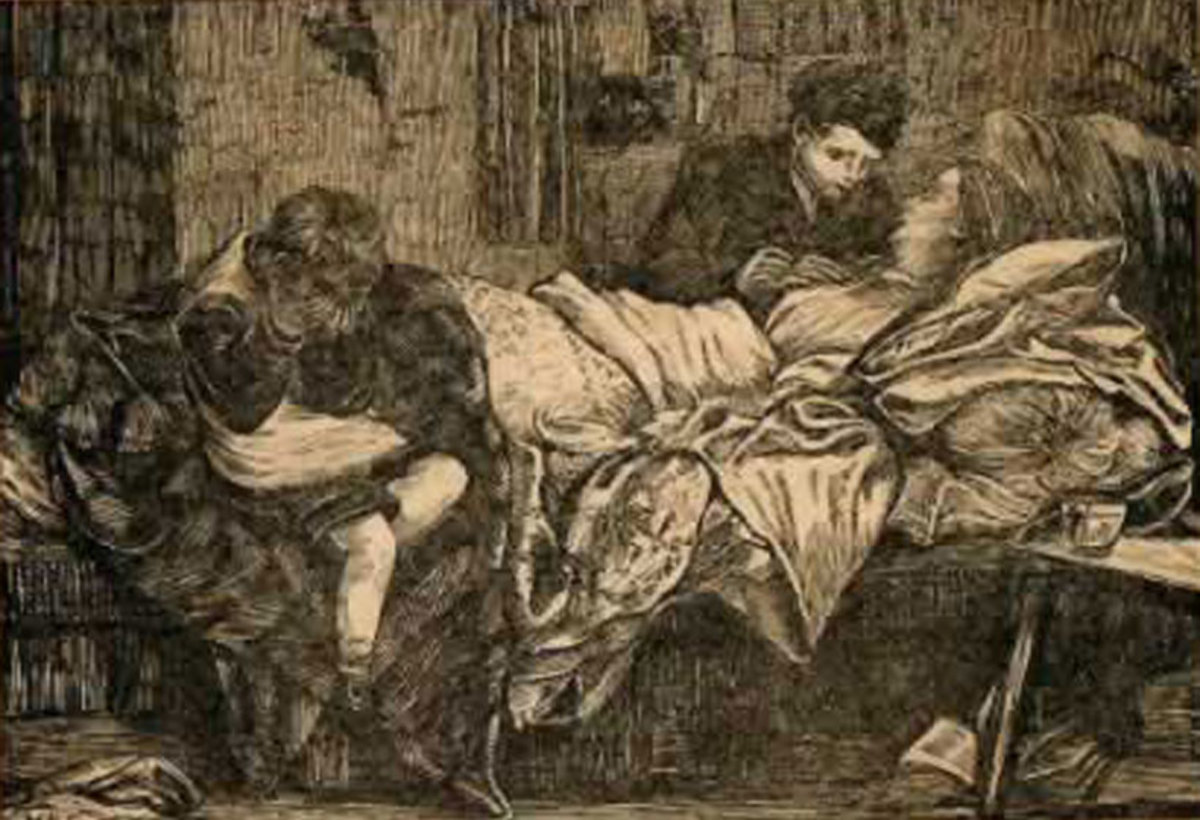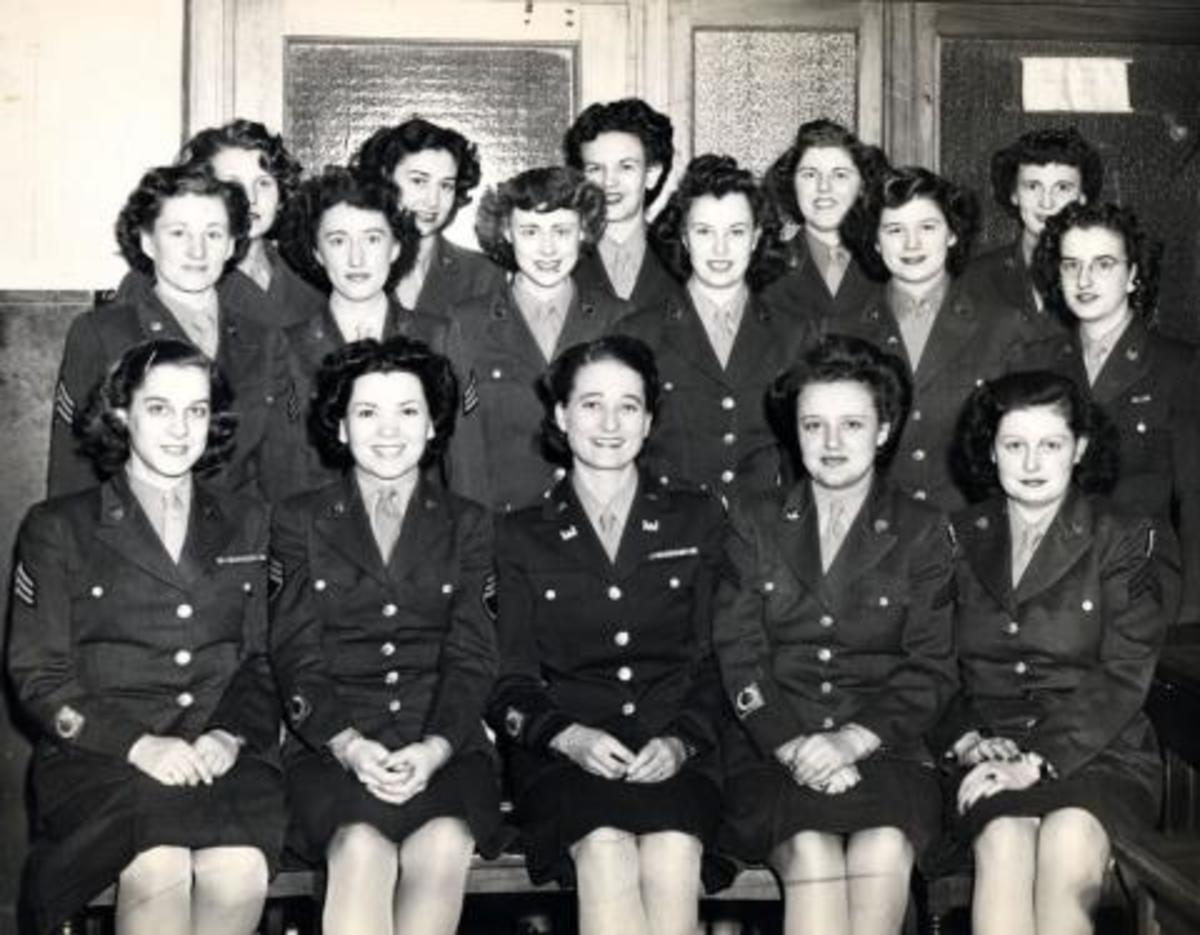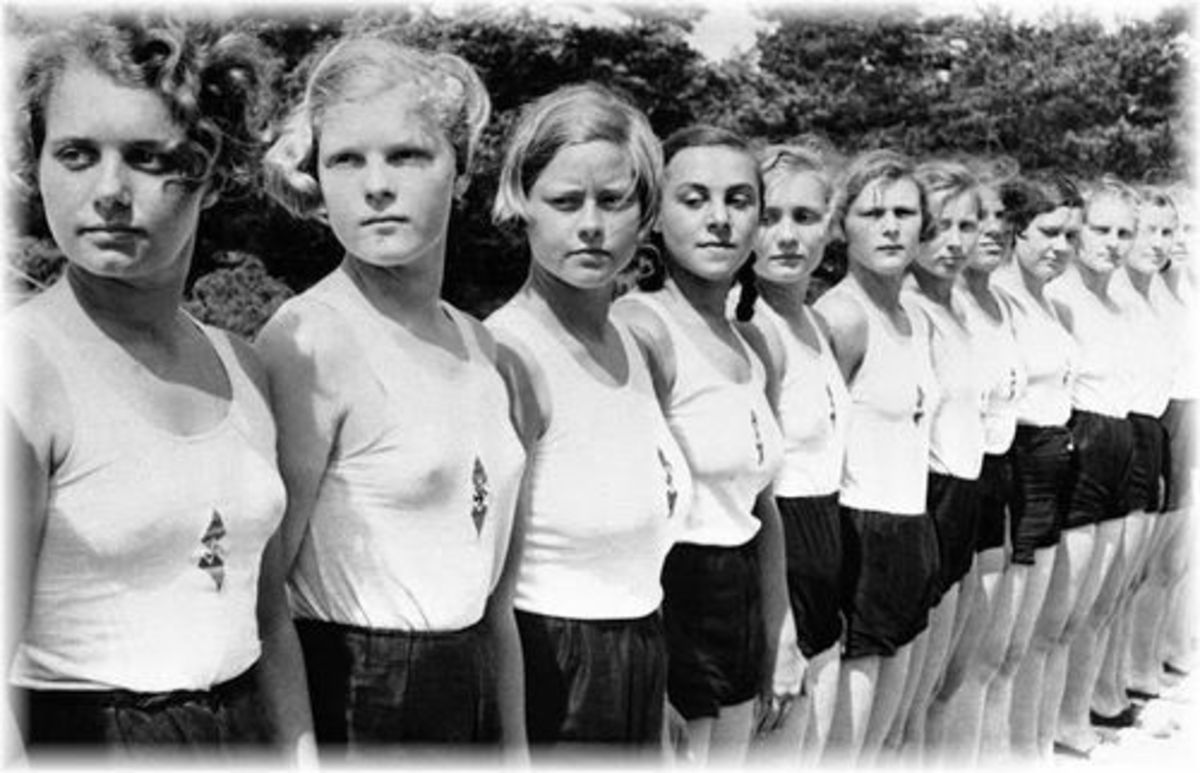- HubPages»
- Education and Science»
- History & Archaeology»
- History of the Modern Era»
- Twentieth Century History
Aneurin Bevan- founder of the British National Health Service
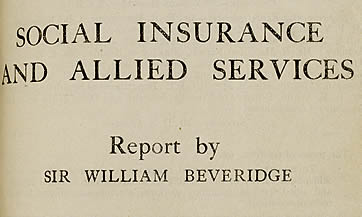
The Beveridge Report
In 1942 with the war against Germany in the balance, the British government commissioned Beveridge to investigate the condition of society in Britain. Beveridge identified five giant evils, Want, Disease, Ignorance, Squalor and Idleness which were to be addressed as soon as possible after the war was over.
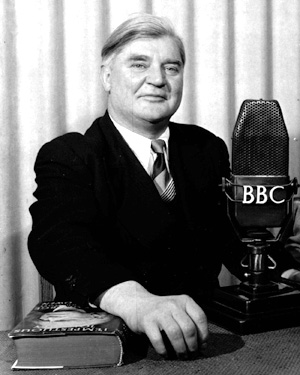
The founding pledge
The new year of 1947 dawned with the country gripped in freezing cold snow, wind and ice. The River Thames in London had frozen and many people were at risk owing to illness and poor living conditions. For many people in poorer homes they had to choose between seeking medical care or food or fuel so often medical care was sought when it was too late.
Nye Bevan was appointed by the labour government as its health minister. On the 3rd of January Bevan pledged that there would be free care for all in a new National Health Service which would start on 5th July 1948. Bevan made this pledge despite having no support from the medical profession without whom he would not be able to run the system.
Many of the doctors were against the NHS as they were used to being their own boss and did not want to become wage slaves or civil servants. Many had purchased their practises and looked to the sales revenue to fund their retirement. The BMA held a plebiscite asking if doctors welcomed the NHS. At the same time they set about launching a vicious media campaign with vitriolic attacks against Bevan which were both offensive and personal, comparing him to Hitler.
On the 9th February the bill had a fourth (unprecedented) reading in the commons in which Bevan told parliament that "parliament run the country, not the BMA".
A few doctors did support the NHS but these were mainly those working in poor overcrowded areas or were young idealists who were pilloried by their fellow students and lecturers.
The result of the plebiscite came through on 18th February 1948 where 85% of doctors voted against joining the NHS.
The doctors were represented by the British Medical Association (BMA) whose secretary Dr Charles Hill was a persuasive man, known to the population at large for his calm and kindly BBC broadcasts on common health complaints.
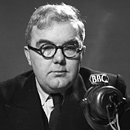
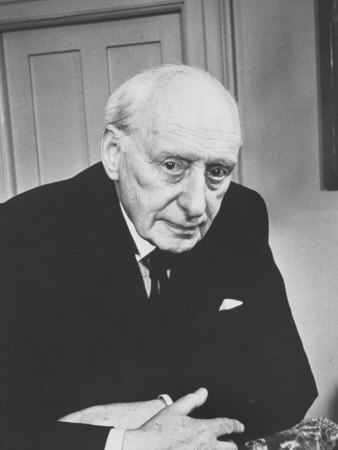
Royal College of Physicians
Bevan went to meet the President of the Royal College of Physicians, Lord Moran, who was Sir Winston Churchill's physician. Churchill, in opposition was opposed to the establishment of the NHS as he wanted to invest in industry and rebuilding rather than in public health. Lord Moran controlled the Consultants. Many of the consultants were in charge of the great hospitals, "The London", "Barts" etc which had always been short of funds and now after the war were in great financial difficulties. Lord Moran brokered a deal with Bevan so that the consultants would be able to work part time for the NHS , enabling them to do lucrative private work. This would enable their hospitals to receive sufficient levels of finance to support them and provide more money for research and training.
Even so there was opposition to Lord Moran. His position as President was voted on every year and he had won against his opponent Lord Horder many times. His lordship was anti NHS and attracted a lot of support from the anti NHS group. Eventually the vote was taken with each consultant throwing a coin in a bucket . The final tally showed that Lord Moran won by five coins and therefore Lord Moran could lead the consultants into the National Health Service.
Lord Moran advised Bevan that although the GP's worries about becoming wage slaves were irrational he ought to make changes in the proposed NHS contract which he did reassuring a number of doctors.
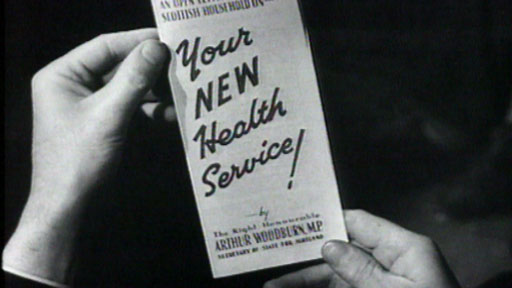
Information Campaign
The doctors in the BMA had seriously underestimated the support that the National Health Service had with the ordinary British public, not only the poor but also the middle classes who had struggled to pay doctors fees.
Bevan launched an information campaign pointing out that the service was free and attracting more than 20 million sign ups as a result. Many women supported the ideas as they and their children had received poor care for so many years. They saw that a good health service, available to all, would improve not only their health but also that of their children . The end of the campaign saw more than 75% of the population signed up for the new National Health Service, which still didn't have any doctors!
The BMA, somewhat unwisely took a second plebiscite to see if doctor's opinions had changed. They had, over 40% of doctors were now in favour of the new system. This was enough for the system to start and most doctors followed into the new system.
The National Health Service is born
On 5th July 1948 the National Health Service was born. It was initially inundated with patients, but managed to survive to its present day. Initially everything was free, including glasses and teeth but now we pay for opticians and dental services and prescriptions unless we have a low income.
My husband was one of the first babies born in the NHS, being born on the 7th July. My father in law told me that he had paid a deposit on the hospital costs when his wife was pregnant but because my husband hung on to the 7th, he got the birth free. This was the sort of family that the doctors underestimated, yes they would have paid to go to the doctor but it would have involved a huge sacrifice and short rations for some time




